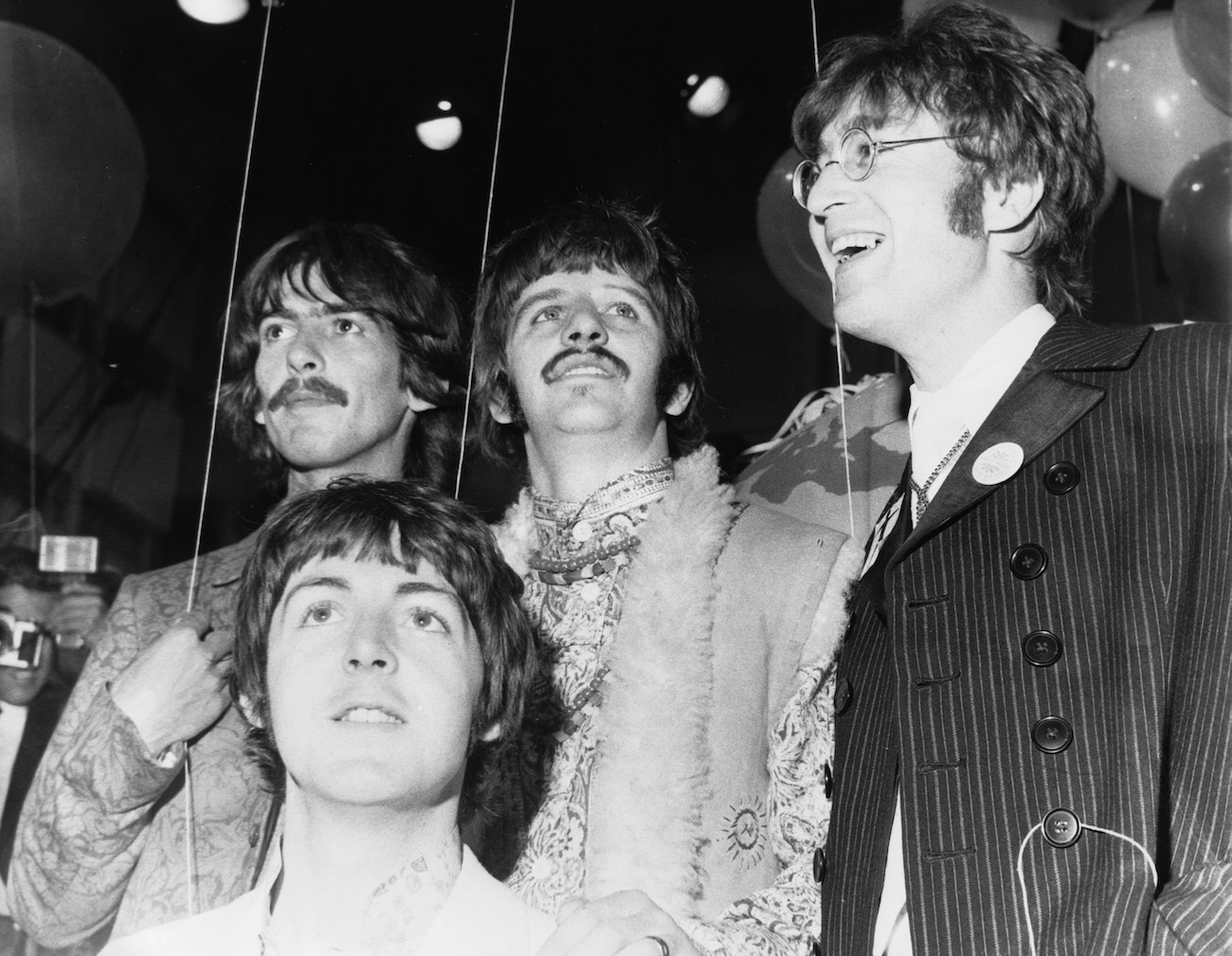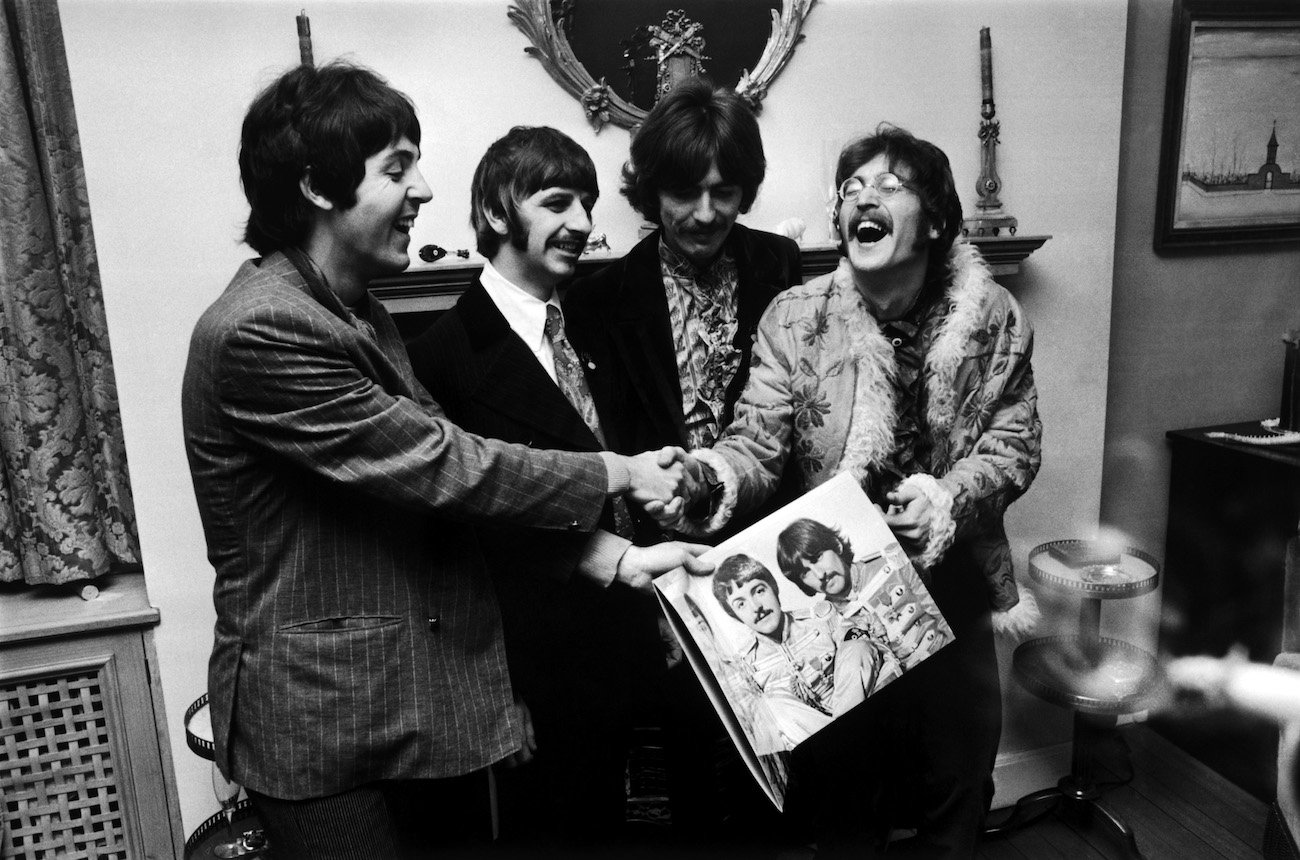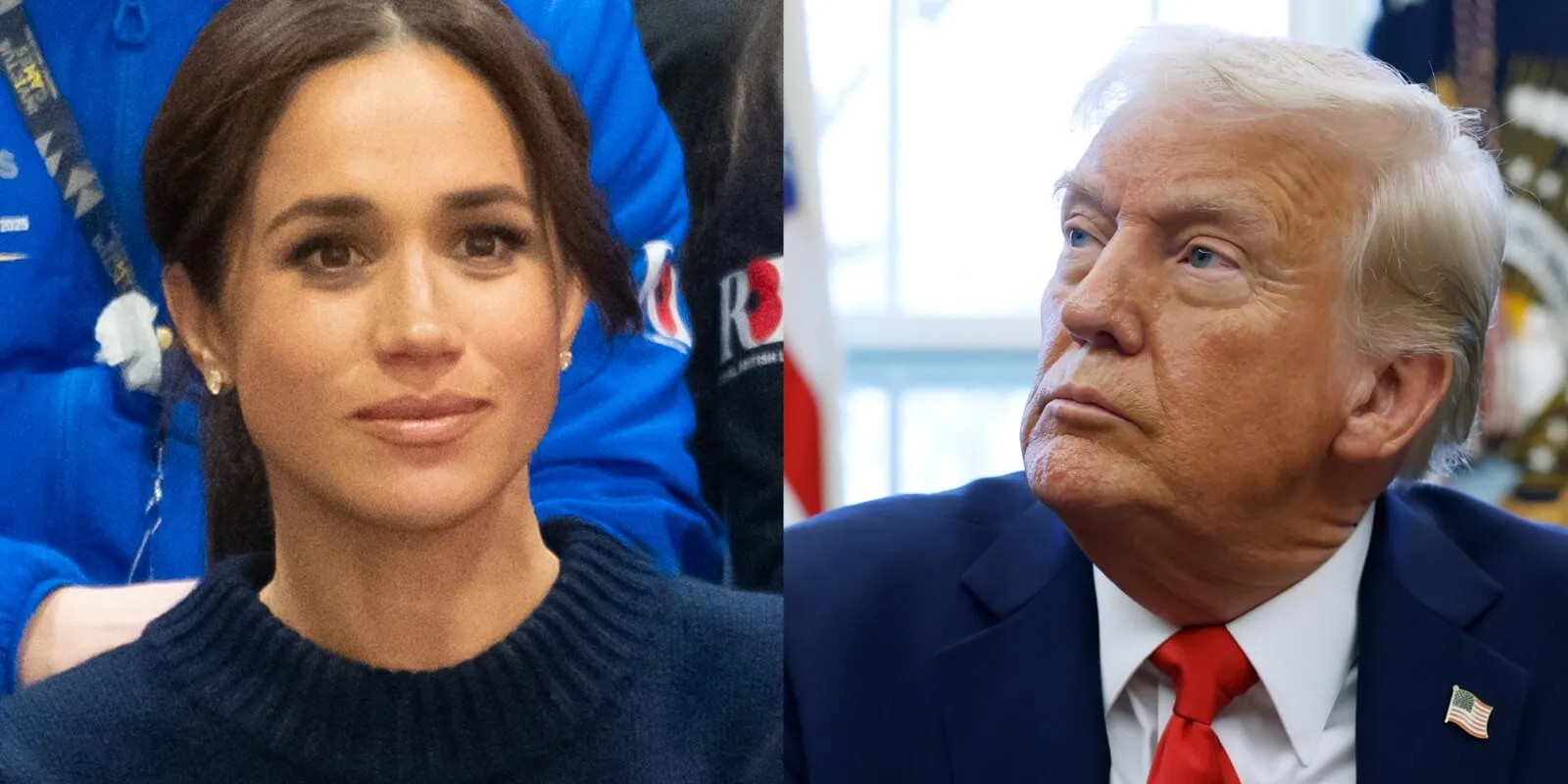
The First Beatles Album to Enter the Billboard 200 Chart at No. 1
The first Beatles album to enter the Billboard 200 chart at No. 1 is a bit of a surprise. It was released years after The Beatles split in 1970.

The first Beatles album to enter the Billboard 200 chart at No. 1
In the mid-1990s, the remaining Beatles, including John Lennon’s widow, Yoko Ono, came together one final time to start work on The Beatles Anthology. It was a massive project that culminated in a book, an 11-hour eight-part documentary, and three double-disc albums featuring more than six hours of unreleased live recordings, demos, alternate versions, and new material in the form of “Free As a Bird” and “Real Love,” which the group adapted from two of John’s old demos.
In a video about the making of the project, George Harrison explained, “The main gist of it is with the music to find the most ancient Beatle music possible and come in chronological order through the various other records we made and bring it up to date.” Paul McCartney added that The Beatles’ development is visible throughout all three albums.
On Dec. 9, 1995, Anthology 1 debuted on the Billboard 200 at No. 1, becoming the first Beatles album to do so, and stayed at No. 1 for three weeks. Then, Anthology 2 became the second Beatles album to enter the Billboard 200 chart at No. 1 on April 6, 1996. It stayed there for one week. Later that year, on Nov. 16, Anthology 3 did the same.
‘The Beatles Anthology’ albums didn’t just debut at No. 1
The three-album compilation didn’t just become the first Beatles albums to debut on the Billboard 200 at No. 1. They sold more than 20 million records in 1996 alone, which was more than the group had ever sold in one year of their lifetime.
In Here Comes The Sun: The Spiritual And Musical Journey Of George Harrison, Joshua M. Greene wrote, “By November 1996, more of the group’s records had been sold that year than in any year of their entire working career. In addition, sales of the newly compiled ‘Anthology’ albums had surpassed more than twenty million copies.”
The RIAA has certified Anthology 1 8x Platinum, with 4 million records sold. Anthology 2 is certified 4x Platinum, with 2 million records sold, while Anthology 3 is certified 3x Platinum, with 1.5 million records sold.
“The Beatles have beaten the Beatles. That’s not hype. It is true,” said Anthology publicist Geoff Baker (per the Tampa Bay Times). “It is interesting that three guys who stopped recording together in 1970 and one who tragically died in 1980 are now outselling every other artist on the planet.”
The group didn’t just enjoy making the project because of the record sales
In 1996, Paul told Q magazine (per Beatles Bible) that The Beatles Anthology project was treating them all well.
“There’s no way round it, ‘Anthology’s been good to us,” he said. “I mean, s***! It’s thirty years later and we’re more successful than ever!”
However, they didn’t only enjoy the multi-media project for the money it made them. George was reluctant to participate in The Beatles Anthology but soon realized this was his and the group’s only chance to tell their story and give their fans more music.
“It is difficult when four people are telling the story because it’s actually four different stories,” George said the a video about the making of the project. “I mean, you must realize it’s got to be somewhat of a compromise when four people are involved. But we’re trying to just say how it felt to us.”
Eventually, George had fun doing it. “It was good because enough time had gone between 1969 and now,” he said. “The Beatles had kind of gone away, and we’d all had enough time to breathe, and I think it’s much easier to look at it now from a distance.”
Paul added, “It’s just amazing to me because I’m still here, and it’s me looking at that story.”
The Beatles Anthology‘s three albums weren’t the last Beatles records to enter the Billboard 200 at No. 1. It happened again when the band released their compilation album, 1. Regardless, the project introduced The Beatles to a new generation of fans and continues to keep their legacy alive.


